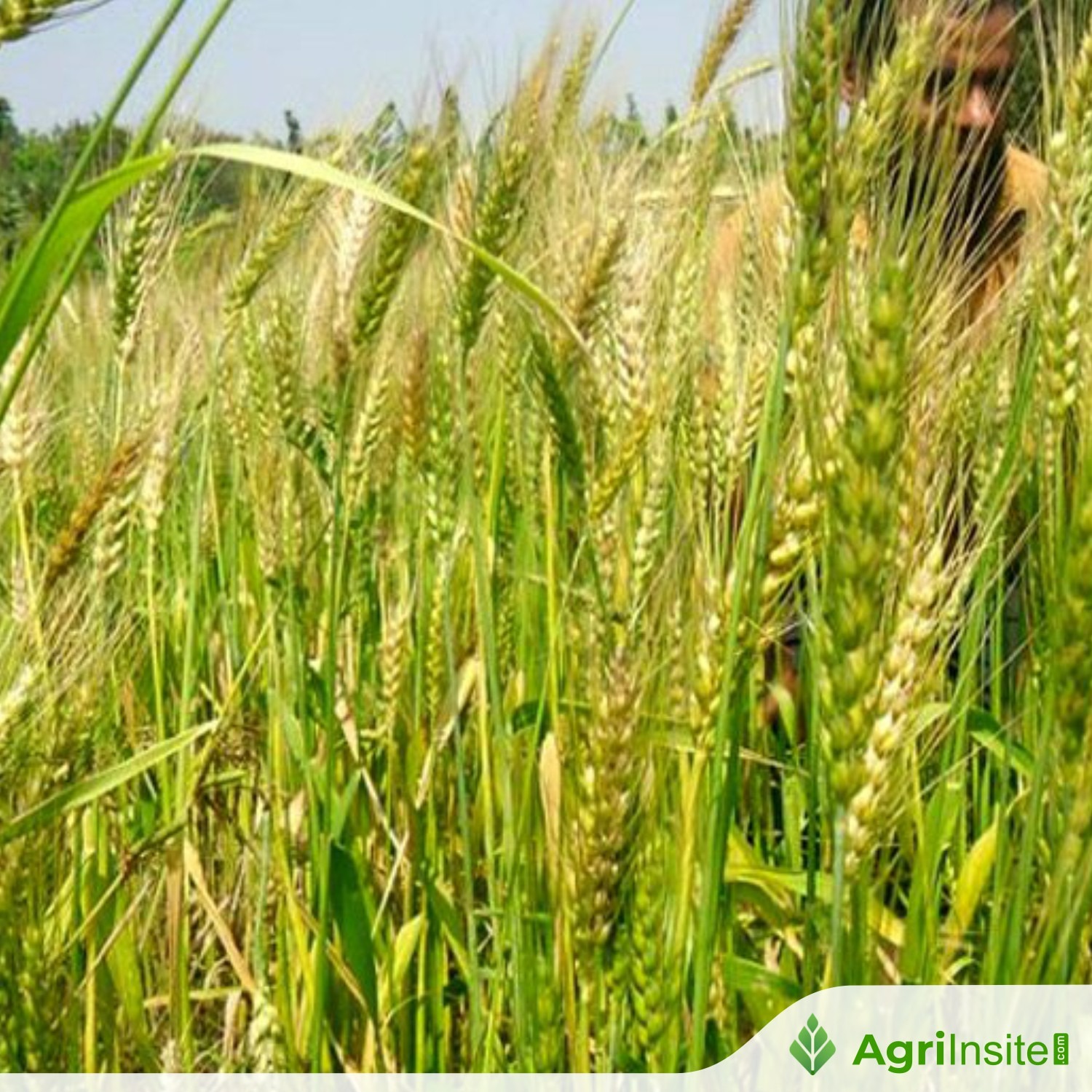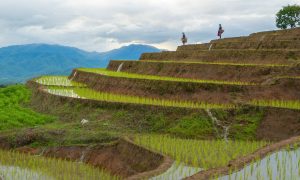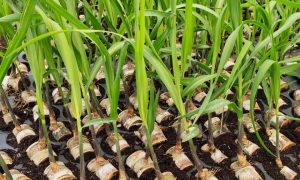Climate change likely to reduce rainfed rice yields by 20% during 2050s and 10-47% during 2080s: Centre reply in Rajya Sabha

The government told Rajya Sabha that climate change—particularly irregular rainfall and high temperatures—is expected to significantly reduce crop productivity. Studies show rainfed rice yields may drop 20% by the 2050s and up to 47% by 2080s, while wheat could see a 40% decline. Adaptation technologies are being promoted.
The climate change especially irregular rainfall patterns and high temperature is likely to affect the productivity of crops significantly in future, said the union ministry of agriculture and farmers welfare in a reply to a query in Rajya Sabha during the ongoing monsoon session of the Parliament, Friday.
Responding to a query if the government is aware of how climate change can impact agricultural productivity, Bhagirath Choudhary, the minister of state for agriculture, replied that a study has been conducted to assess the impact of climate change on productivity of crops.
“Yes, the Government implements ICAR flagship network project ‘National Innovations in Climate Resilient Agriculture’ (NICRA) to study the impact of climate change on agriculture including crops, livestock, horticulture and fisheries. Study revealed that in the absence of adaptation measures, climate change is likely to reduce rainfed rice yields by 20% during 2050’s and 10-47% during 2080’s. Irrigated rice yields projected to be reduced by 3.5% during 2050’s and 5% during 2080’s. Wheat yield is also likely to be reduced by 19.3% during 2050’s and 40% during 2080’s. Kharif maize yields projected to be reduced by 10-19% during 2050’s and >20% during 2080’s,” said the minister.
“Climate change especially irregular rainfall patterns and high temperatures is likely to affect the productivity of horticultural crops. For example, 36.6% yield loss in onion occurs by continuous six days water logging, high temperature stress of >40°C during flowering stage in tomato causes 65% yield loss, 1.5-2 degree rise in winter temperatures leads to shifting of apple cultivation from low to high altitudes and results in 30% yield reduction. Similarly, increasing temperature due to climate change is likely to impact livestock production and animal health resulting into a decline in productivity in terms of milk, meat, wool and draught power. Further, a rise in temperature just by 1°C would cause a profound impact on survival and geographical distribution of different fresh water and marine fish species. Brackish water aquaculture is moderately vulnerable to seasonal variations (20-40% loss) and highly vulnerable to extreme weather events (EWEs) like a flood, heavy rains and cyclones (50 to 100% loss),” the minister said.
On the steps that are being taken to make farmers aware of climate-resilient agricultural technologies, the minister further said: “The Government has undertaken steps to develop and out-scale climate-resilient agricultural technologies through Indian Council of Agricultural Research (ICAR) and Department of Agriculture & Farmers Welfare (DA&FW). The Government has developed various climate-resilient agricultural technologies viz. promotion of climate resilient varieties [2661 tolerant varieties (cereals 1258; oilseeds 368; pulses 410; fibre crops 358; forage crops 157, sugarcane 88 and other crops 22) developed, since 2014], resilient cropping systems, conservation agriculture, crop diversification, agroforestry systems, zero till drill sowing, alternate methods of rice cultivation, green manuring, integrated nutrient and pest management, organic farming, site specific nutrient management, in-situ moisture conservation, supplementary irrigation, micro-irrigation, sub-surface drainage and soil amendments. These technologies are demonstrated in 151 districts through Krishi Vigyan Kendras (KVKs).”
“To help farmers in building resilience against extreme weather events and ensure long-term agricultural sustainability in the country, the Government of India implements National Mission for Sustainable Agriculture (NMSA) through DA&FW, which is one of the Missions within the National Action Plan on Climate Change (NAPC),” he added.
To Read more about Rice News continue reading Agriinsite.com
Source : The Indian Express
















